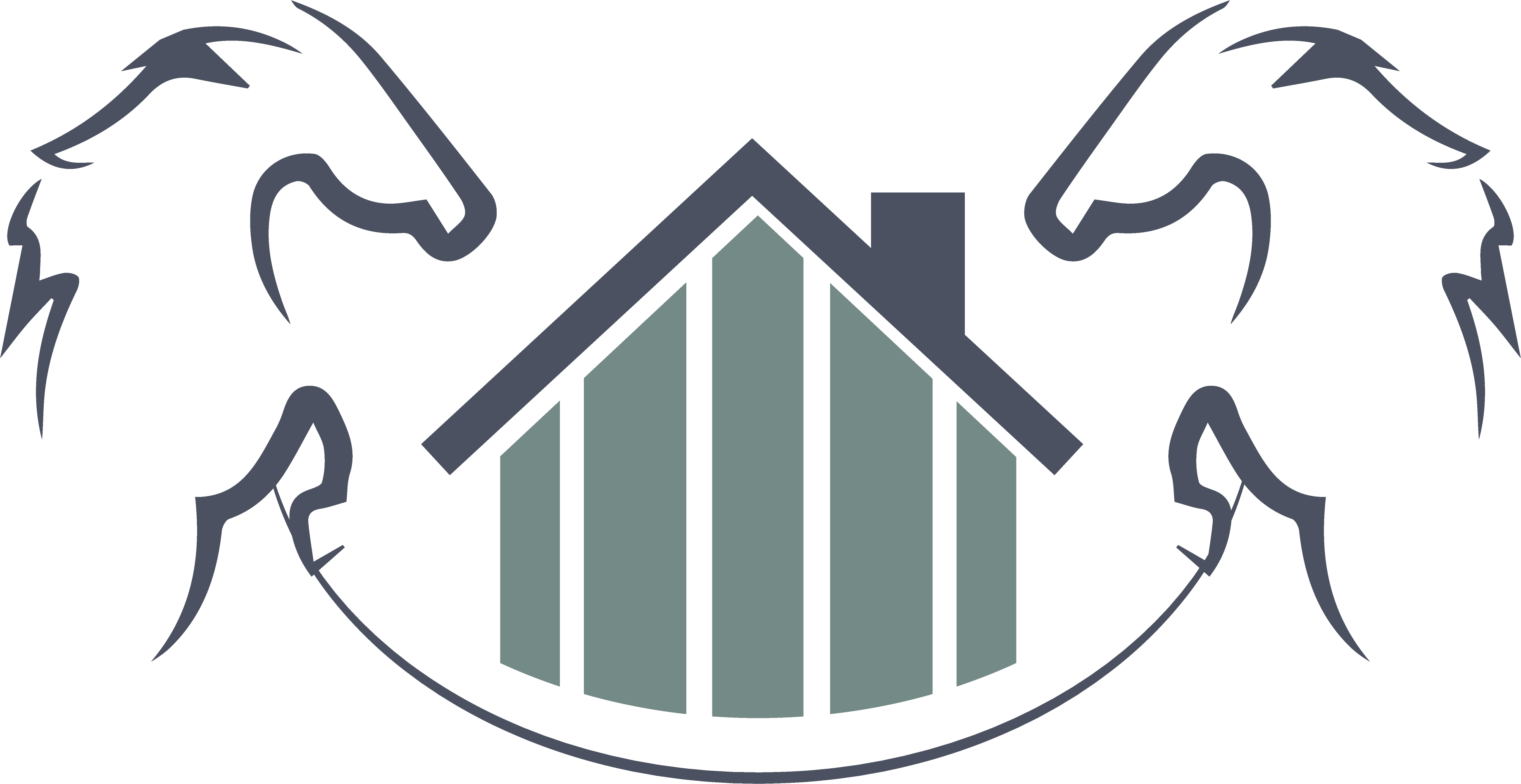Which Mortgage is Right for You?
There are several types of mortgages available for homebuyers in 2023. Not sure which is right for you?
In this blog, we will define the different mortgage types and also explain the recently popular Buy-Down Interest Rates.
Let’s check out the options.
Conventional mortgages
Conventional mortgages are the most common type of mortgage. You can get this type of loan at almost any mortgage lender, and the requirements are fairly standard. To qualify for a conventional mortgage, you must have the following:
Credit score of at least 620, though some lenders have higher requirements
Debt-to-income ratio of 45% or less
Minimum down payment of 3% with private mortgage insurance
Minimum down payment of 20% without private mortgage insurance
Property appraisal verifying the home’s condition and value
Conventional mortgages are a good fit for you if you meet the requirements and you’re looking for a quicker option. Typically, they require less paperwork than other types of loans and can be obtained in a shorter amount of time.
Government-backed mortgages
Government-backed mortgages are backed by the federal government, which means they have lower down payment requirements and more lenient credit score requirements than conventional mortgages. This makes them a good option for first-time homebuyers and people with less-than-perfect credit.
There are three main types of government-backed mortgages:
FHA Loans: FHA loans are typically easier to qualify for than conventional mortgages for those with lower credit scores. The minimum score requirement for this loan is 580, and you usually need a minimum down payment of 3.5%. FHA loans can only be used for the buyer’s primary residence.
VA Loans: VA loans are for veterans and active-duty military members. They have no down payment requirement and no maximum loan amount. There’s no minimum requirement for credit score by the federal agency, but many lenders require at least a 660.
USDA Loans: USDA loans are for rural homebuyers. They have no minimum down payment, but you must live in an eligible geographic location to receive this type of loan. Lenders typically look for a credit score of at least 640.
Government-backed mortgages can be a great option for those seeking more flexibility on interest rates, credit score requirements, and down payments. However, some of these options take longer, require extra paperwork and additional insurance, and if you don’t meet the specific eligibility requirements for the type of loan you’re seeking, you may be out of luck.
Fixed-rate mortgages
Fixed-rate mortgages have an interest rate that stays the same for the life of the loan. This means that your monthly payments will be the same every month—no matter what’s going on with the economy and interest rates overall. Fixed-rate mortgages are a good option for people who want to lock in an interest rate and have their monthly payments stay the same.
There are two main types of fixed-rate mortgages:
30-year fixed-rate mortgages: These mortgages have a term of 30 years and a fixed interest rate for the entire term.
15-year fixed-rate mortgages: These mortgages have a term of 15 years and a fixed interest rate for the entire term.
Adjustable-rate mortgages (ARMs)
Adjustable-rate mortgages have an interest rate that can change over time. This means that your monthly payments could go up or down depending on standard interest rates. ARMs typically start with a low introductory interest rate, which makes them attractive for people who want a low monthly payment in the short term. However, ARMs can be risky, as your monthly payments could go up significantly if interest rates go up.
There are two main types of ARMs:
3/1 ARM: This mortgage has a fixed interest rate for the first three years, after which it adjusts annually.
5/1 ARM: This mortgage has a fixed interest rate for the first five years, after which it adjusts annually.
Unlocking Your Path to Homeownership: The Buy-Down Interest Rate Advantage
In our journey through the diverse world of mortgages, we've explored various options that cater to different financial situations and goals. Now, let's shine a spotlight on a valuable tool that can give you a significant advantage in today's real estate market: the buy-down interest rate.
What is a Buy-Down Interest Rate?
A buy-down interest rate, often referred to as a "mortgage rate buy-down" or simply "buy-down," is a strategic financing option that allows you to secure a lower interest rate on your mortgage for an initial period, typically the first few years of your loan. This means you start with a reduced interest rate, which results in lower monthly mortgage payments during the specified period.
How Does It Work?
Here's how it works: You or the seller can pay additional upfront fees or points to the lender at the time of closing. These funds are then used to "buy down" your interest rate. The result? You enjoy lower monthly payments for the agreed-upon period, making homeownership more affordable and manageable in the early years.
The Seller's Contribution
One noteworthy aspect of buy-downs is that it's often possible to negotiate for the seller to cover the associated costs. In today's real estate market, where housing inventory may be moving at a slower pace, this presents a significant opportunity for savvy buyers.
Why It's a Golden Opportunity
With housing inventory taking a bit more time to move in some areas, sellers are motivated to sweeten the deal. By proposing a buy-down financed by the seller, you can not only lower your initial monthly mortgage payments but also potentially negotiate a more competitive overall home purchase price.
Seize the Moment
In conclusion, the buy-down interest rate is a powerful tool at your disposal, particularly in a market with slower-moving inventory. It's a win-win scenario, allowing you to enjoy lower monthly payments in the critical early years of homeownership while also potentially securing a better deal on the home itself.
If you're considering buying a home in today's market, don't hesitate to explore the possibilities of a buy-down interest rate. It's a strategic move that can make your homeownership dreams a reality while taking advantage of the unique dynamics in the current real estate landscape. Don't let this opportunity pass you by – seize the moment and make your homeownership goals a reality.
Which type of mortgage is right for you?
The best type of mortgage for you depends on your individual circumstances. If you have good credit and a large down payment, a conventional mortgage might be the best option for you. If you have less-than-perfect credit, a government-backed mortgage might be a better choice. And if you want to know exactly how much your mortgage payments will be each month, a fixed-rate mortgage is the way to go.
No matter what type of mortgage you choose, it's important to shop around and compare rates from different lenders before committing. I've got several lenders that I know and trust. If you need a referral - just reach out. Once you’re ready, the first step is getting pre-approved, which will give you an idea of how much you can borrow and what your interest rate will be.
Buying a home is a big decision, but it's also an exciting one. By taking the time to choose the right mortgage, you can make the process a little bit easier and ensure that you're getting the best possible deal.
Looking for a new home?
We’ll help you find it—and then make it yours. Our local expertise and our relationships with trusted lenders and other real estate professionals will help you get the best deal possible on your dream home.


